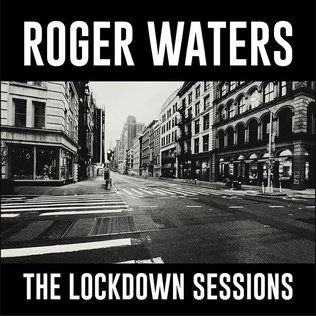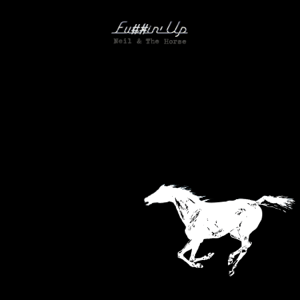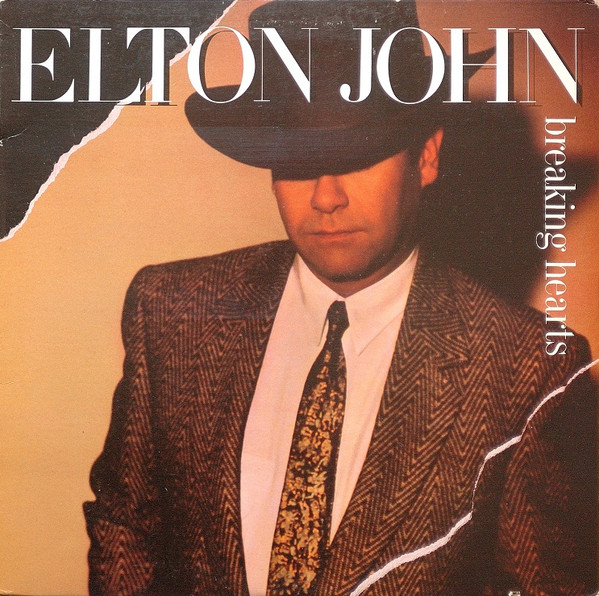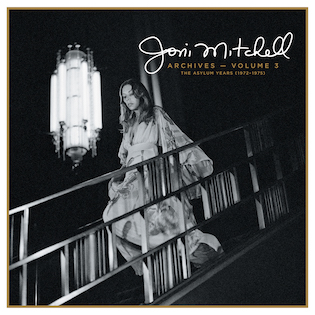Like most musicians hamstrung by the limitations of the Covid pandemic, he did what he could to keep busy musically, and in his case, that meant rerecording mostly stripped-down arrangements of songs that had been played throughout the tour. Intriguing but inessential, The Lockdown Sessions slows down three songs from The Wall (four actually, as the track called simply “Vera” segues into “Bring The Boys Back Home” to stretch it out for five minutes), two from The Final Cut, and “The Bravery Of Being Out Of Range” from Amused To Death, while keeping the original guitar solos intact. However, the pointedly titled “Comfortably Numb 2022”, eschews both guitar solos, substituting an angry attempted phone call for the first and a backup singer wailing over explosive effects for the fade. For the most part, his voice hovers somewhere between a whisper and an aside; at least he’s not yelling.
The album made a splash only among the faithful, so he decided to make the most of the 50th anniversary of The Dark Side Of The Moon to give that album the same treatment, with the same band, knowing full well that the earth would stop on its axis at the news. The angle this time was to tackle the lyrics of a younger man with the perspective of a near octogenarian, and since he wrote them, he’s certainly allowed.
For the most part, the “reimaginings” are extreme. Effects are pretty much gone, except that chirping birds are everywhere. “Speak To Me” is now an opportunity to recite the lyrics to “Free Four” over that ominous heartbeat. Another couplet from that song is intoned before the verses of “Breathe”, which at least has drums and is more recognizable. “On The Run” retains its robotic pulse, but is dominated by a new monologue soaked in paranoia and madness. It continues over the start of “Time”, where clocks used to be. It slowly plods along, prodded by Hammond organ and swirly cellos, and a woman softly ooh-ing where there used to be a guitar solo. “Great Gig In The Sky” is possibly the most transformed; in keeping with its original theme of mortality, he reads part of a correspondence with the assistant of a cancer-stricken acquaintance that includes an anecdote about a show in Croatia. Clare Torry’s improvised melody is transposed to a quiet synth.
“Money” keeps its 7/4 meter but not the effects; this time the sax and guitar solos are replaced by a surreal narrative about a boxing match. Luckily, “Us And Them” is mostly untampered, though the forced echo in the verses could have been skipped. What used to be the sax solo is now covered by strings and organ. There’s not the smoothest transition to “Any Colour You Like”, which now sounds more than ever like “Breathe”, and features another cryptic piece of prose. He does cleverly preface “Brain Damage” by addressing the “madness” of this re-recording concept, and that and “Eclipse” are taken fairly straight, if subdued. And he acknowledges by name the man who had the last word on the original album while disagreeing that it’s “all dark”.
The Dark Side Of The Moon Redux isn’t awful, but it will hardly replace the original. Nor does it lend itself to repeat listening. But Nick Mason endorsed it, so who are we to argue? Besides, if you want a non-Roger interpretation of the album, there’s always Pulse. (We do, however, like the dog on the cover.)
Roger Waters The Lockdown Sessions (2022)—3
Roger Waters The Dark Side Of The Moon Redux (2023)—2½









